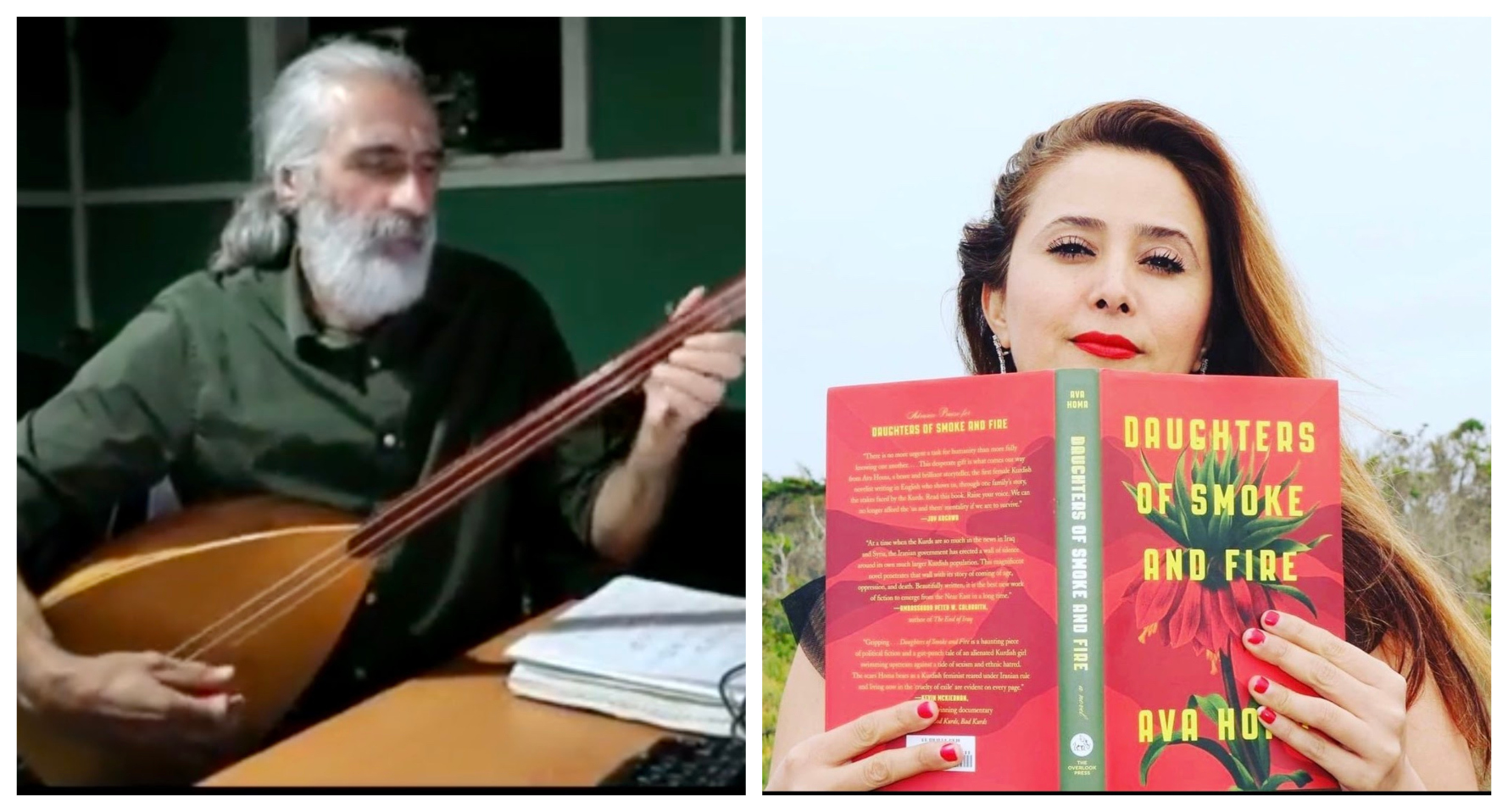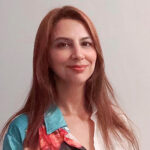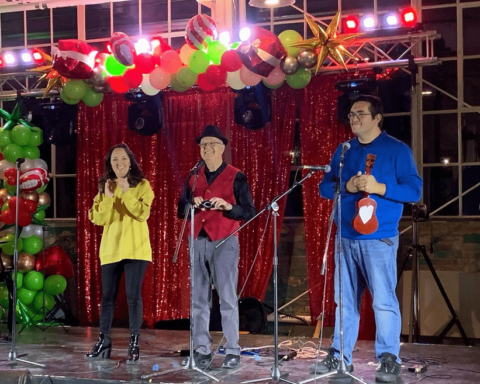“It is clear intolerance towards the Kurdish language and Kurdish art,” composer Kazım Boran says of the charges pressed against two Kurdish artists in Turkey for allegedly “spreading illegal propaganda” by singing in their native tongue. For the award-winning writer Ava Homa, the persecution of Kurds in Turkey constitutes ethnocide.
Fuat Ege and Rohat Aram were detained and questioned by the police for singing in Kurdish during the celebration of Newroz, the Kurdish spring festival, on March 21 in Van, Turkey. They were then sued on May 24, with trial set to begin on Sept. 30.
To Boran, who came to Canada to seek refuge with his wife and son back in 2003, “the language of music is universal,” yet Kurdish music is still considered a crime in Turkey, where the only official language is Turkish.
His words echo a statement by Fuat Ege, one of the artists facing charges.
“Filing lawsuits is clearly hatred against the Kurdish language and arts. They can’t stand our enthusiasm, our Newroz celebrations,” Ege told the press in Turkey.
Persecuted for speaking their language
Boran, now 61, left Turkey under political pressure because he wanted to study and make music in his mother tongue.
Yet in Turkey, Boran was a music producer based in Istanbul. He worked alongside many talented colleagues and collaborated with many famous artists. But since moving to Toronto, he hasn’t gone back even once.
After living in Canada for 18 years, Boran says that Turkey’s policy towards the Kurds has not changed a bit in all this time.
“Turkish is the second language of the Kurds. But the system imposes on them to speak their second language, to continue their art and life with the second language,” he told New Canadian Media.
While Kurdish people are normally allowed to speak and sing in their language among themselves, the state monitors their activity and punishes those that are deemed to act against the system, he added. “This has not changed … . The Kurds are a people who are oppressed not only in Turkey, but also in the geographies they live in.”
Being a Kurdish artist in Canada
In Turkey, “the fascist system stands against the dream of a free, fair, social and equal Turkey that Kurds and democrats want to build,” Boran said.
“If they didn’t ban our language and try to pressure us, I would like to live in my own country and make music. But this does not seem possible.”
Canada gives people freedom to “dress as they want and live their beliefs as they want,” he said. “They perform their art in the language they want. They hang signs in their shops in any way they want.”
But while “there is freedom in Canada,” the country does not make it easy for artists of foreign origin to develop their careers.
“What I have done in the past, my career as an artist, composer and producer is clear, but they put many barriers in front of you and you cannot overcome them. After a while, you don’t want to mess with it. That’s why I make music in the studio I built in the basement of my house and sometimes I share it on social media.”
“This is what ethnocide is”
For Ava Homa, author of Daughters of Smoke and Fire and inaugural recipient of the PEN Canada-Humber College Writers-In-Exile Scholarship, the banning of the Kurdish language and Kurdish art in Turkey can be described as ethnocide.
“Kurdish children begin to understand at an early age that their mother tongue isn’t the language of power and prosperity,” Homa told New Canadian Media. “At a young age, their alienation from their history and literature – from their roots, identity, and inevitably their parents – begins, escalating with each year that passes.
“As Kurdish parents try to protect their offspring under the annihilate-or-assimilate policies, newer generations gradually lose parts of their heritage. A cognitive dissonance is developed between generations who have difficulty communicating. Kurdish language and history is banned, their pain is ridiculed and used against them—they are denied and defined by their oppressors, reduced to subhumans, in ways that shatter their pride and dignity.
“This is what ethnocide is: making hollow shells out of an ethnic group.”
Arzu Yildiz graduated from Istanbul Bilgi University in TV Journalism Department and has worked as a journalist, editor and senior reporter. She has written critical pieces of investigative journalism about unresolved murder cases in the Southeast against Kurdish businessmen and illegal weapons supply to Syria. She has four books published and writes for New Canadian Media.





